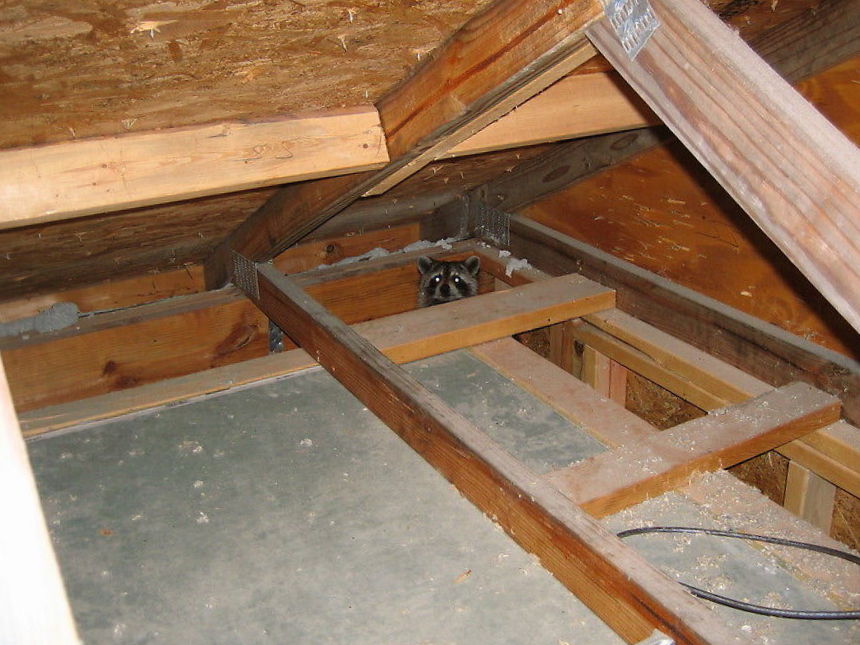- info@pestcontrolwildlife.com
Call us for help in your town
America's Wildlife Experts
Analyzing the Scratching and Thumping Sounds in the Attic or Walls

Determining Animal Infestation through the Sound They Produce
You are having a good night sleep when suddenly you heard a strange thumping sound in your attic. You can also sometimes hear a weird scratching sound in your wall. Before you even associate this to a ghost and spooky stories, you should check if you have a wildlife animal infestation. Most animals will move to your place during the harsh winter season. But there are instances when the animals get a little too comfortable and decided to stay in your house.
To help you identify the proper animal infestation, here is a comprehensive guide about the unique noises that animals tend to create.
Noise during the Morning
In case you are hearing some strange noise during the morning, then you probably have a squirrel infestation. Compared to other types of animal infestation, the squirrels are more active during the daytime. Most of the time you will hear a fast running sound in your attic since the squirrels are agile and alert animals. You may also hear the sound of nuts rolling. In most cases, you will only hear them when they enter or leave your house since most of the time they are out looking and collecting foods. The sound becomes louder during the month of September or March. During this month, the young squirrels will grow in full maturity enough to run around your attic.
Scampering on Ceiling and Scratching in the Walls
In the event that you are hearing a light running and scampering sound in your attic, this can possibly be related to rodent infestation. If the noises that you are hearing can be heard in your walls, perhaps you have mice in your house. Mice are considered nocturnal which means that most of the noises that you will hear will happen during the night. In case you are hearing that scratching sound, the mouse is probably building their nest.
Heavy Footstep
Large animals often create a heavy footstep sound. You will never hear that quick scampering light sound. Heavy walking and thumping can be associated with raccoon infestation. You can also hear some scratching in your ceiling since raccoons have a tendency to tear up wall paper and duct works. Baby raccoon will also make that vocal crying sound. Just like the mice, they are also considered nocturnal species so most noises can be heard at night.
A Light Chirping Sound
Light chirping sound that is slightly noticeable in our human ear can be related to bats infestation. When you have a small group of bat in your house, you will hardly hear any noise. But when you have a colony of bats, they tend to produce chirping sound while battling for the space where they can perch. You will also hear noises in your walls and ceilings.
Wildlife infestation can be identified by simple observation skills. By listening to the sound they produce, we can determine the right infestation and design a plan to get rid of them safely.


















